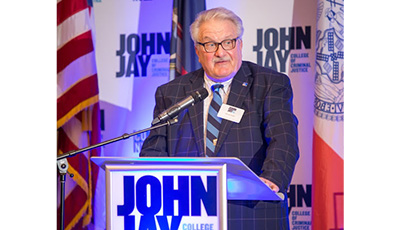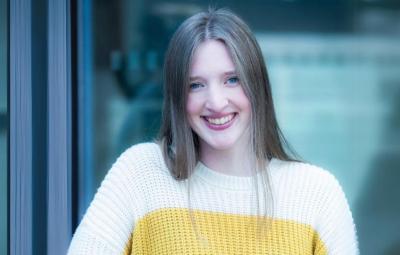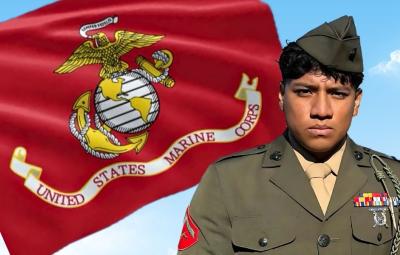
It is often said that one thing that sets John Jay apart from other colleges is a faculty that seamlessly integrates academic theory with real-world experience. Few faculty members embody that idea as well as Thomas A. Kubic, an associate professor of forensic science and chemistry. He is an attorney, a 23-year police veteran, and as of April 21, the recipient of the Alumni Association’s 2017 Distinguished Faculty Award. (He also happens to be a John Jay alumnus.)
Kubic began working full-time at John Jay in 1996, and since then has taught forensic science classes while continuing his research in the field of microspectrophotometry, the use of light to analyze microscopic particles. Kubic deals in what he calls transfer evidence, and his work should be familiar to anyone who has watched programs such as “CSI.” Fibers, hairs, chips of paint or glass — these are examples of transfer evidence, the tiny, sometimes microscopic particles that remain at the scene of a crime. Through the use of specialized instruments, Kubic investigates these materials to determine what they are, where they came from, and how they might be used to identify the perpetrator of a crime.
“Today, everyone talks about DNA, and it’s very important,” Kubic said, “but what if there is no DNA transfer? During a rape, clothing could transfer fibers. We could take samples from [a suspect’s] hands for gunshot residue to find out if he recently fired a weapon. Or it could be soil on a guy’s car that leads to an area where a body was dumped.”
While working in the crime laboratory of the Nassau County Police Department, Kubic was regularly called to the scene of burglaries, sexual assaults, homicides and other major crimes, and would take the stand as an expert witness during trials. He says helping take dangerous criminals off the streets gave him the sense that he was making a positive impact on the community, but the constant exposure to the grisly details of murder scenes took its toll. “It was very satisfying, but also very depressing at times,” he said.
In 1980, while working full time at the police department, Kubic completed law school and passed the bar exam. Becoming an attorney helped him understand the interplay between obtaining transfer evidence and using it effectively within the legal system, a complex dynamic that Kubic continues to emphasize to his students.
“Most scientists work in a field where you’re judged by your peers,” he said. “We’re not only judged by our peers, but by the legal system, the courts and the juries. You have to be able to effectively transfer your understanding about a case to the jury.”
More often than not, he said, when one detail about a piece of evidence is proven wrong, the whole case falls apart. So it’s not only sound science that wins cases, but the ability of the scientist to communicate effectively with the jury.
When it comes to sound science, Kubic says the biggest obstacle is resources. “The problem is a lack of quality education and a lack of resources in the crime lab,” he said. “There have been a number of cases where people have pressured scientists not to do all the tests they’re supposed to do.”
For example, he noted, a chemist may have been taught to complete five analyses of a substance before submitting a finding, but the forensics lab may only be able to pay for three. This can lead to mistakes that make their way into the courtroom, sometimes leading to wrongful convictions. “The attorneys don’t understand that bad science is taking place, and then you get a bad conviction. Similar to how bad eyewitness testimonies are being turned around because of DNA testing, which the Innocence Project has been doing,” he said.
After leaving the police department in 1995, Kubic came to John Jay where he pursued his Ph.D. and began teaching classes. “I was over 50 when I fell in love with teaching, and I’m still here because I like dealing with the students. I feel this is a contribution.”
Kubic said he was “shocked and flabbergasted” to learn that he would be receiving the Distinguished Faculty award. “As a professor, it’s hard enough to get students to write something down for their own benefit,” he said. “That a former student sat down and wrote a letter for my benefit, that’s amazing.”



